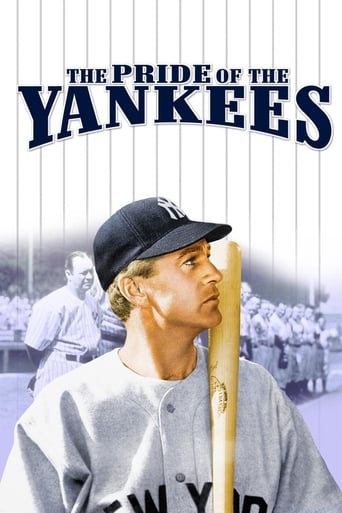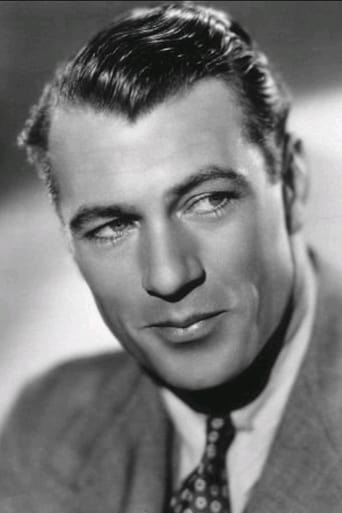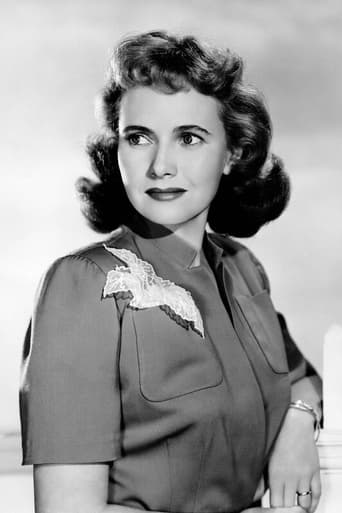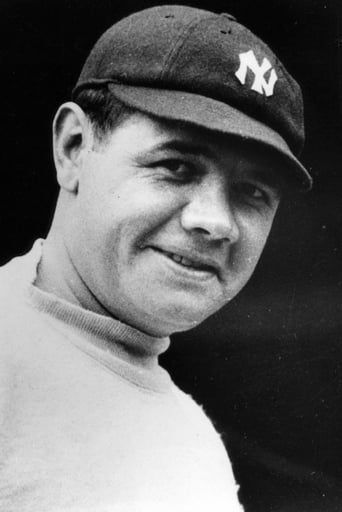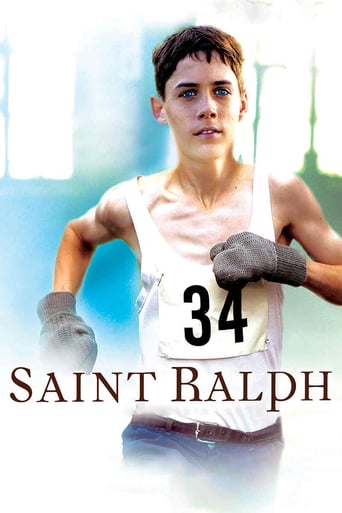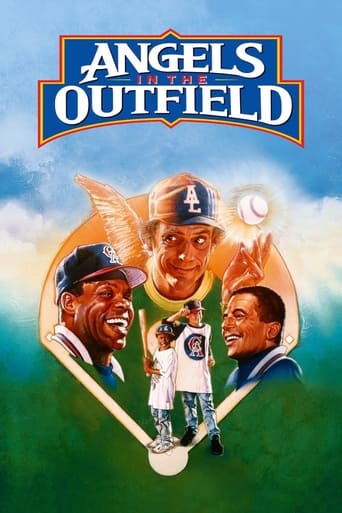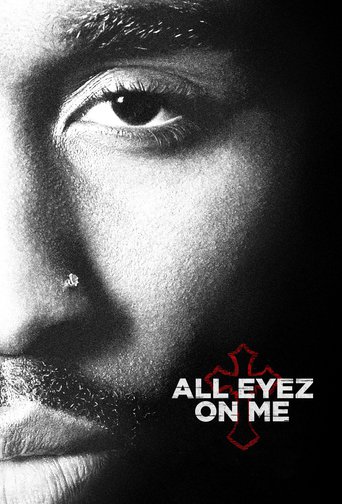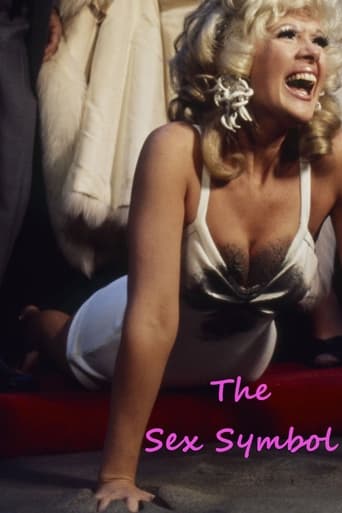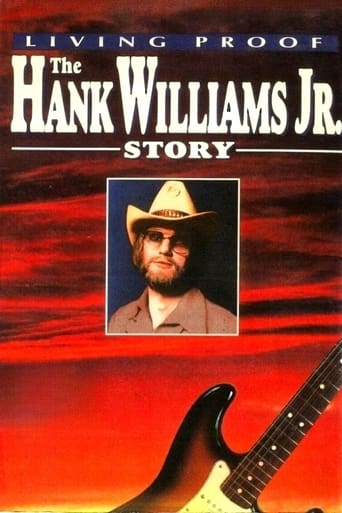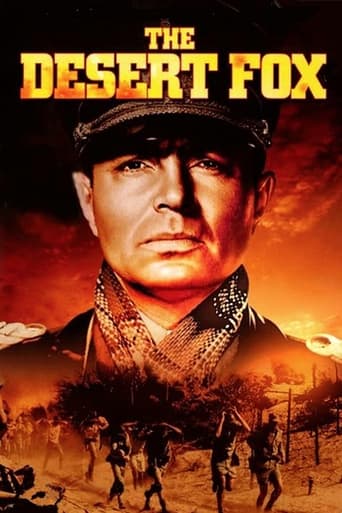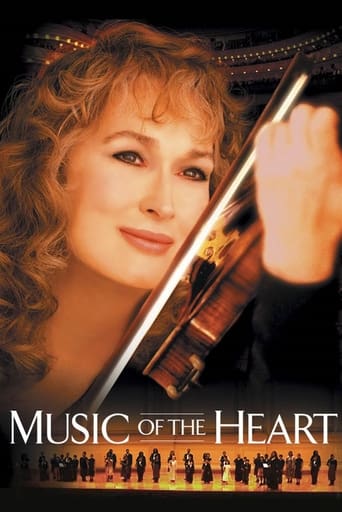The Pride of the Yankees (1942)
The story of the life and career of the baseball hall of famer, Lou Gehrig.
Watch Trailer
Cast


Similar titles
Reviews
Fresh and Exciting
Wow! What a bizarre film! Unfortunately the few funny moments there were were quite overshadowed by it's completely weird and random vibe throughout.
It's easily one of the freshest, sharpest and most enjoyable films of this year.
Great example of an old-fashioned, pure-at-heart escapist event movie that doesn't pretend to be anything that it's not and has boat loads of fun being its own ludicrous self.
Lou Gehrig had been dead less than two years when The Samuel Goldwyn Company produced a biographical account of the New York Yankees' first baseman's life with Gary Cooper cast as 'the Iron Man.' "Kings Row" director Sam Wood and "It's A Wonderful Life" scenarist Jo Swerling with "Citizen Kane" scribe Herman J. Mankiewicz adapted Paul Gallico's story about Gehrig's rise from humble origins as the son of Teutonic parents in New York City to a baseball superstar. Although it received eleven Academy Award nominations, including Best Picture and Best Actor, "The Pride of the Yankees" only won Best Editing. One look at this movie and you know that the Goldwyn Company lavished prestige on it. Rudolph Maté's black & white cinematography is first-rate, and most of the technical values are above par. The cast is good, too, with Teresa Wright playing Gehrig's wife, and Walter Brennan is fine as Gehrig's publicist. The real standout here, however, is none other than home-run slugger Babe Ruth. He seems like a genuine natural. Nevertheless, despite its superlative production values and cast, "The Pride of the Yankees" takes its own sweet time, and the film seems to drag at some points. This is not so much a movie about the game as it is a movie about the player.Young Lou Gehrig dreams of playing baseball in the major league, and he enjoys playing sandlot baseball. Meanwhile, his mother Ma Gehrig (Elsa Janssen of "Dillinger") urges him to follow in the footsteps of their Uncle Otto, whose picture hangs on their wall, and become an engineer. Eventually, Gehrig gets into Columbia, where his mother cooks, and his exploits at bat reach the New York Yankees. Gehrig has made a reputation for himself by smashing windows with his home runs. Secretly, without mentioning anything to his mother, Lou tries out for the Yankees, and they sign him to a contract. When Lou joins the Yankees, the big cheese on the team is none other than the Sultan of the Swat, Babe Ruth (the real Babe Ruth), who never misses a moment to dominate the limelight. Eventually, Gehrig gets his start at first base after the regular first baseman opts to sit on the bench rather than play. From this point on, Gehrig established a Major League record of playing 2,130 games with missing a day. For the record, Gehrig played seventeen seasons for the Yankees, between 1923 and 1939. Several amusing incidents occur, such as Gehrig's publicist driving over the speed limit to get him to Yankee Stadium. The NYPD pull them over, realize who they have stopped, and provide him with an escort to the stadium that increases in number as they approach the baseball diamond. Another incident shows Gehrig at a hospital where he promises a youth that he will knock two home runs for him. Indeed, he clouts two home runs for the bed ridden adolescent! Babe Ruth only promises one four bagger for the kid. Years later when Gehrig voluntarily retires, the lad meets him at Yankee Stadium and shows him that he can walk. Gehrig had urged the boy when he spoke to him at the hospital to never give up hope.Director Sam Wood and his writers cover Gehrig's family life, his life in the Major Leagues, and his eventual medical woes without going into detail about his malady, amyotrophic lateral sclerosis (ALS), now commonly referred to as Lou Gehrig's disease. You don't have to be a baseball aficionado to enjoy "The Pride of the Yankees." Cooper seemed to realize Gehrig's prominence and gives a performance that isn't his standard one. According to legend, Cooper knew nothing about baseball and had to be coached, especially with regard to batting as a left hander. The film concludes on a poignant note as Gehrig retires from baseball during ceremony with thousands of fans cheering him. "The Pride of the Yankees" is not without propaganda value. Released early during World War II, the film espouses all the positive values of being an American.
Use your calculator and figure out when Gary Cooper played the Lou Gherig role in this 1942 film. Mr. Cooper was born in 1901, so when he played this role, he was already an over 40 years old middle aged guy, yet according to what we have seen in this film and BIOS of Gherig, he indeed attended Columbia University. So he would be a very young man as most of us normally graduated from high school at 18 and then enter the university for advanced education. But what we saw in the movie, an already over 40's guy, Gary Cooper, played a college student who should and would be under 22. So the supposed to be still a very young Ghrig played by Cooper appeared on the screen to serve the food for those Columbia students, what we saw was an 40-year old guy! And well, in order to allow the middle aged Cooper not showing too old among those Columbia undergraduates, those young students were also played by a bunch of over 30 or around 40s guys, just for the purpose not to make Cooper's middle aged face became so apparently old like a sore thumb! Gee, what a joke!When Cooper entered the kitchen of the university, the female actor who played Ghrig's mother, after 10 years when her son broke the store's window, she looked exactly the same as 10 years ago when the movie started. Gee, what a lousy arrangement we got here again. According to Ghrig's BIOS, "...A native of New York City and attendee of Columbia University, Gehrig signed with the Yankees in 1923.....Lou Gehrig died at his home on June 2, 1941 from amyotrophic lateral sclerosis (ALS)" So according to Ghrig's death year and the release of this particular film about him, we inevitably realized that Samuel Goldwyn Company just took the opportunity to shoot a picture about a guy just died, on the surface, the movie was paying tribute to the great late Ghrig, but under and behind the facade, the Jewish movie company just used the rare opportunity to cash in, and indeed, not only the box office successful, but also won a lot of Oscars. But to me, this film was just opportunist wet dream played by a bunch of wrong cast of the wrong ages. By all means, do not be so easily to be touched and fooled. When you watched those movies churned out around that period, we often saw some very old guys, especially Gary Cooper, Randolph Scott, John Wayne and lot of other older faces, played much much younger characters and young lovers, but the wrinkles on their faces just screamed off the silver screen, they were just a bunch eye-sore old Romeos forced to play those young roles by those movie companies in Hollywood. You have to lower your reasoning to accept those roles played by these old bunch. I can't give any star of this film, because I really don't like really old guys to play those characters who should be 20 years younger.
Of course, I would never say that The Pride Of The Yankees was the worst movie ever made about the sport of Baseball, but, then again, I'd definitely never admit that it was the best, either.Yes. I do fully realize (much to my dismay) that this 1942 picture was clearly intended to be MGM's respectful homage to honour one of baseball's greatest and beloved stars, Lou Gehrig (who sadly died only one year before this film's release) - But, the thing is, I personally think that the revered memory of an idolized man like Gehrig certainly deserved so much better than the likes of this less-than-satisfying "rush job".One of this film's biggest and most detrimental deficits was the casting of one of Hollywood's dreariest and utterly non-charismatic actors of the 30s & 40s, Gary Cooper.Not only was Cooper (at 42) way too old for the part of playing a man 15 years his junior, but I also found Cooper to be such a totally forgettable non-entity in his part as Gehrig that it teetered on the very edge of being downright insulting and disrespectful.Gary Cooper clearly didn't have the capacity to bring any reasonable depth or life to his floundering character. He just played his usual bumbling, "aw-shucks" self, and, believe me, it was actually pathetic to watch at times.This film also suffered from sentimentality-overload, 1940's style. And, yes, again, I do realize that this film was intended to be a loving tribute to Gehrig (who I have nothing against), but, all of this schmaltzy sentimentality made him out to be a literal saint (who could swing a mean bat) and whose feet never once seemed to touch the ground.Besides what I've already beefed about above - This film (with its gruelling 2 hour and 10 minute running time) contained not a single surprise. In fact, it often tripped over itself when it came to the likes of predictability.The final blow that forced me to reduce this picture's overall rating even lower was the unnecessary focus paid to the portrayal of Lou's mother, played by the scenery-chewing actress, Elsa Janssen. This opinionated woman was insufferably overbearing.As it appeared in this film, Gehrig was apparently so completely devoted to his mother that he was reduced to the point of being a frickin' "momma's boy". Even after Lou moved away from home and had gotten married, he still remained absolutely ruled by mommy-dearest's demands and the vicious strangle-hold of her apron strings.As you can well-imagine, this intense focus on Lou's screwy attachment to his mother (which carried right through to the end of the story) grated on my nerves, big-time.Perhaps after seeing this film for yourself, you will find your opinion of it to be much less harsh than mine. But, I just want to say that I did not hate this movie. I just thought that since it was meant to honour a sports hero of Gehrig's magnitude, then it certainly could've been a helluva lot more entertaining and enlightening in regards to presenting Gehrig as a real person (warts & all) and not just as the product of some cheap, Hollywood white-washing job.
Last night I watched "The Stratton Story," also directed by Sam Wood, and tonight "The Pride of the Yankees." To me, there is no comparison. "Pride" falls short of "Stratton." Some of that is a matter of personal taste. For me, James Stewart was one of the greatest Hollywood actors. In "Stratton" I see him develop his character a piece at a time. I never get a sense of who Gehrig is in this movie, but then, Gary Cooper has never made an impression on me.I'm no great fan of June Allyson, but she does a decent job in "Stratton," and there is real chemistry between her and Stewart. You truly believe that they are a couple in love. Theresa Wright's short success has always mystified me, and I find no chemistry between her and Cooper - who has never seemed to have any chemistry to me.This movie also runs too long. Until Gehrig finally falls ill, near the very end of a 2+ hour movie, there is no real tension. It is just one success after the next. At one point, for example, there is a suggestion that there is a rivalry between Babe Ruth and Gehrig, but that goes nowhere. To me, this a a poor, loose script.Cooper does a fine job with Gehrig's speech before the microphone when he is honored in Yankee Field. It would be hard not to be moved by that speech, no matter who read it, but Cooper does a fine job.Other than that, I didn't get much out of this movie, and very much prefer Wood's later effort, "The Stratton Story."

